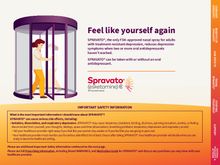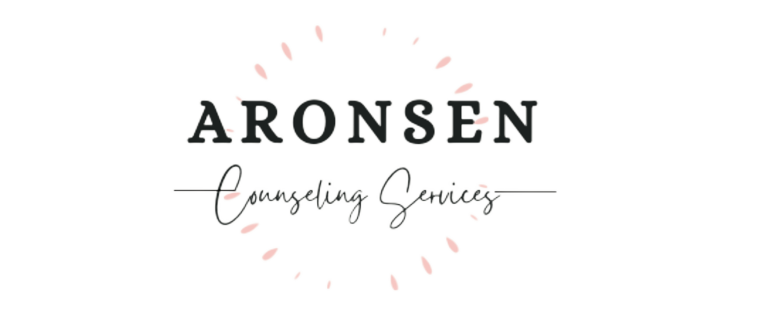LEARN MORE ABOUT SPRAVATO
 PDF
PDF
CLICK FOR MORE INFO
Feel like yourself again. SPRAVATO®, the only FDA-approved nasal spray for adults with treatment-resistant depression, reduces depression symptoms when two or more oral antidepressants haven’t worked. SPRAVATO® can be taken with or without an oral antidepressant.
Feel like yourself again. SPRAVATO®, the only FDA-approved nasal spray for adults with treatment-resistant depression, reduces depression symptoms when two or more oral antidepressants haven’t worked. SPRAVATO® can be taken with or without an oral antidepressant.

